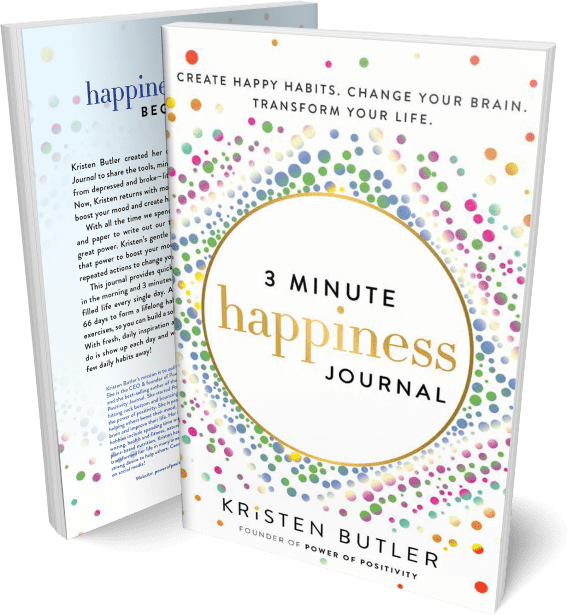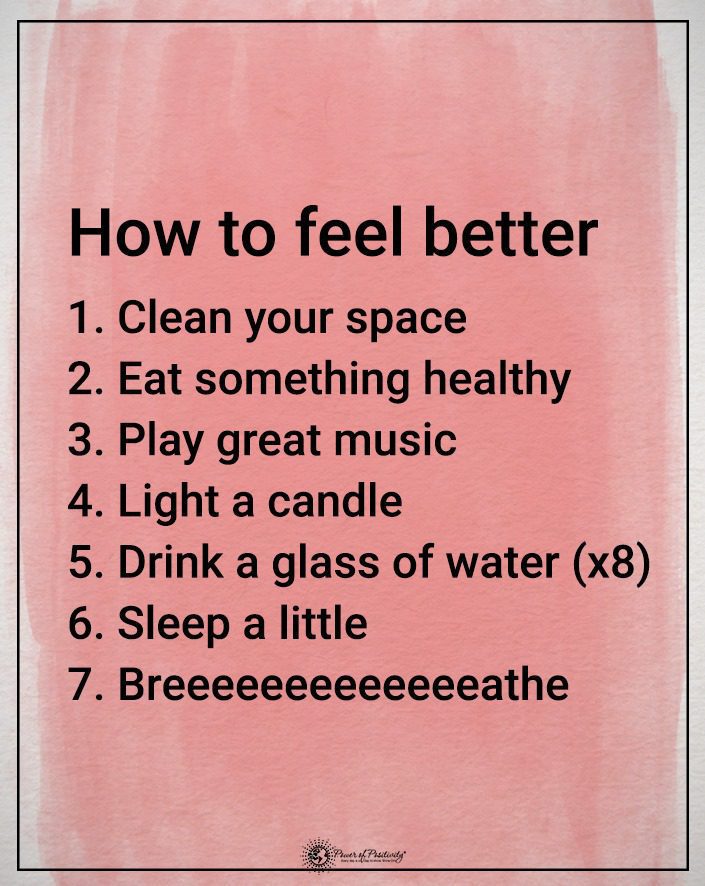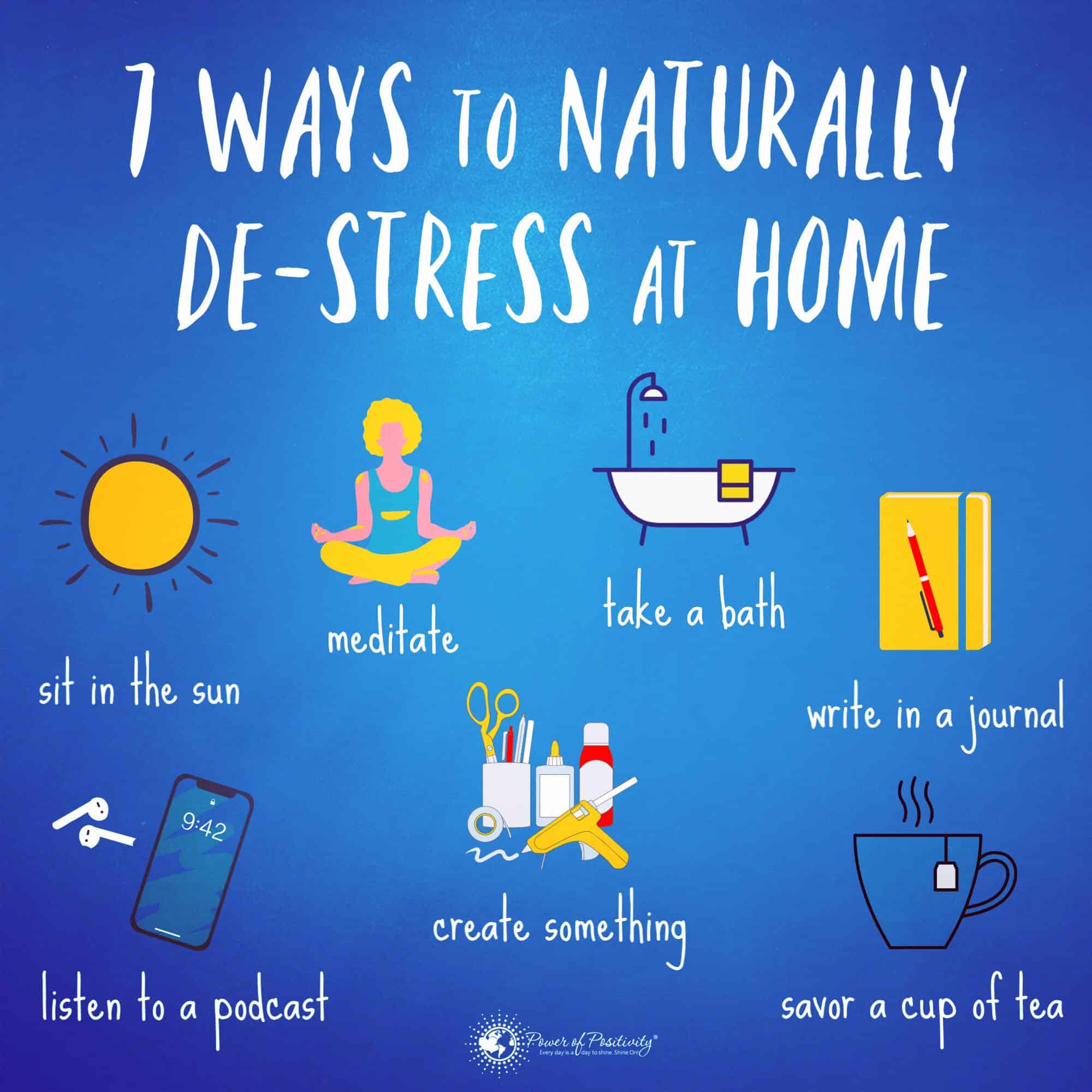Know the key benefits of a happiness journal.
If you aren’t into journaling, maybe it’s time to reconsider this practice. Like eating a healthy diet and exercising, writing in a journal is a form of good self-care. There are many benefits to your body, mind, and soul. So, if you’re unclear if you want to keep a journal, here are some reasons why it could be a worthwhile exercise and just what your soul needs.
10 Reasons Why Journaling Soothes the Soul
This should inspire you to start keeping a diary.
1. Journaling improves your mood
Writing in a journal helps you deal with your positive and negative feelings. Journaling improves your mood as you put down how you’re feeling on paper. It’s a form of self-talk that allows you to work out your emotions. It’s not understood why writing in a journal boosts your mood, but somehow the writing experience seems to help your brain get emotionally balanced. Whether you write a song, a poem, or a couple of short paragraphs, you’ll feel happier about your life.
2. It’s an outlet for your feelings
When you write in your journal, you get the chance to get stuff off your chest. If you’re stressed, write out why you’re feeling this way or who is stressing you out. Even though writing in a journal won’t change your circumstances, it helps you feel emotionally lighter and less burdened. As you jot out your innermost feelings, it’s like telling someone what’s going on in your life. Of course, journaling can’t replace therapy, but it’s a healing exercise. Dumping those feelings out on paper is a worthwhile exercise for your soul.
3. It lowers your stress
Face it. Life is stressful. Unfortunately, stress is unhealthy for your body, mind, and soul. Journaling is a form of stress management. It lowers the impact of the stress you’re feeling. Studies found that writing in a journal reduces anxiety and positively affects a person’s well-being. Try these journaling tips to reduce your daily stress.
- Journal at the same time every day: Setting a specific time for journaling creates a habit. You may enjoy writing in the quiet of the morning or late at night before you go to bed. Whenever you decide is the best time, stick with this time slot.
- Write for fifteen to twenty minutes daily: You don’t need to write for an extended period. Just a quarter of an hour could make a big difference in your feelings. Setting a timer helps you stay within a specific time frame. You’ll probably be surprised how quickly time will pass while writing. You can always extend your time to 30 minutes if you want a longer time to write.
- Find a quiet place to write: Find a quiet secluded place to write in your house where you won’t be interrupted.
- Choose a paper journal or online one: Depending on what you like, you can write in a paper journal or an online journal. If it’s online, be sure it’s a secure site.
4. A journal helps you find gratefulness
Being grateful increases the positivity in your soul. It’s a positive way of thinking about life. Gratefulness takes practice, but gratitude is the perfect thing to write about in your journal. It’s essential not to take anything for granted. Your life is a gift. Enjoy each moment of your day by focusing on gratitude. If you’re having difficulty coming up with ideas, here’s a list of essential things to be grateful for and write about.
- Clothing
- Food
- Home
- Family
- Pets
- Health
- Sleep
- Money for things
- Fresh air
- Clean water
- Safe town
- Car
- Bike
- Legs that work well
- Friends
- School
- Job
- Healthcare
- Teachers
- Music
- Art
- Color
- Books
5. It helps you deal with fears.
Everyone struggles with fear. It’s good to write about your worries in your journal. When you write about your fears, it can help you address the fear. As you write, answer these questions to understand why you feel so fearful.
- What is my biggest fear? Why?
- Is this a realistic fear?
- Is there an action I can take instead of giving in to fear?
- Am I afraid of people? Why?
- Do I fear what people think of me?
Acknowledging your fears will not necessarily make them go away, but it gives you a better understanding of what’s going on in your mind and heart. Plus, acknowledging fears lessens some intimidation and loosens their power over you.
6. Journal writing helps you remember
Journaling is a record of a day in your life. It’s a day you’ll never experience again. You can write about your feelings, what you did, who you saw, or even what you ate that day. You’ll remember this day when you look back at this entry several weeks, months, or years later. It’s a great way to record what you read or what someone said to you that touched your soul. Writing it in your journal memorializes your experience, so you never forget it, making it much more meaningful.
7. It keeps you focused
Life can feel out of control at times. When this happens, losing focus on what’s important is easy. If you have a situation at work that is stealing your joy, write about it. Don’t allow the problem to loom larger than life and eat away at your happiness. Write about what’s going on and what you feel. Allow your journal to be your dumping ground for all that’s going on inside your soul. This will help you let go of the situation and keep you focused with a freer mind.
8. Journal improves your self-confidence
Writing in a journal can boost your self-confidence because you’ll have a more positive attitude. When self-confident, you are clear-headed enough to choose a good course of action. Writing about what’s going on helps you reflect and decide what to do. This, in turn, boosts your self-confidence so you can face challenges and not give up.
9. Writing in a journal helps you pray
Journaling your prayers is one of the best things to do, especially when life feels out of control. It’s a form of talking to God, even though you’re not saying anything aloud. There are many historical examples of famous people who wrote out their prayers. You may be surprised as you reread your prayers weeks later how many of your prayers have been answered by God.
10. It helps you work out your problems.
Getting your problems down on paper helps you let go of them. This process, in turn, allows you to step back and see a solution you may not have noticed before. Writing in a journal unloads the burdensome issues that are bothering you. As you let go of them, you feel better,, and the problem doesn’t loom as large as before you wrote about it.
Is there a negative side to journaling?
Of course, almost any self-improvement book or blog will tell you to journal. But surprisingly, there is a negative side to journaling. Here are a few downsides to journaling that you may want to consider.
You may not get as much self-awareness as you hoped you would-Journaling has its limitations. Even though you write out your feelings, thoughts, and problems, you may feel more self-aware than before.
- Journaling can make you overly inside your head: Life will get very clinical and sterile if everything becomes a tool to examine yourself. There’s a mystery and stuff in life that is not worth exploring.
- It can make you self-obsessed: You’ve met that person–everything they do and say becomes a study about themselves.
- It causes you to wallow in negativity: If you’re using your journal to dump negativity, it won’t help you. Balance of both the good and the bad is key.
- Cause you to feel passive: If writing out what’s going on in your life is enough, and you’re not interested in getting involved, your journaling isn’t healthy.
Final thoughts on journaling to feed your soul
Many people say writing in a journal makes them feel happy. Some compare journaling to good self-care, like eating healthy and exercising. If you haven’t tried keeping a journal, give it a try to see if you experience benefits.





















